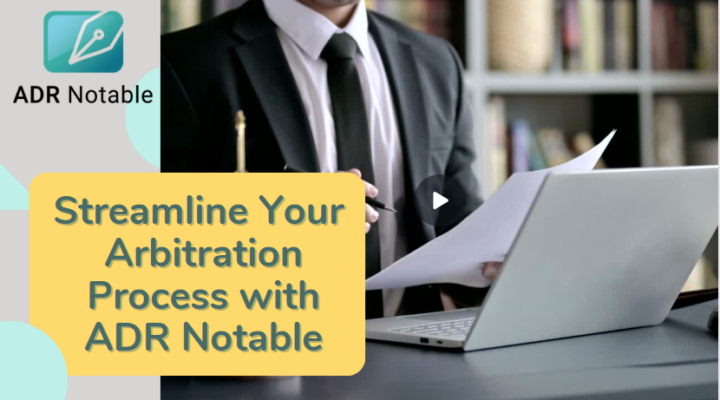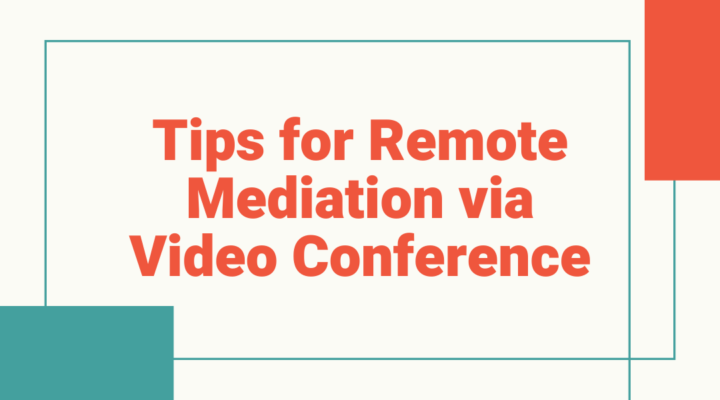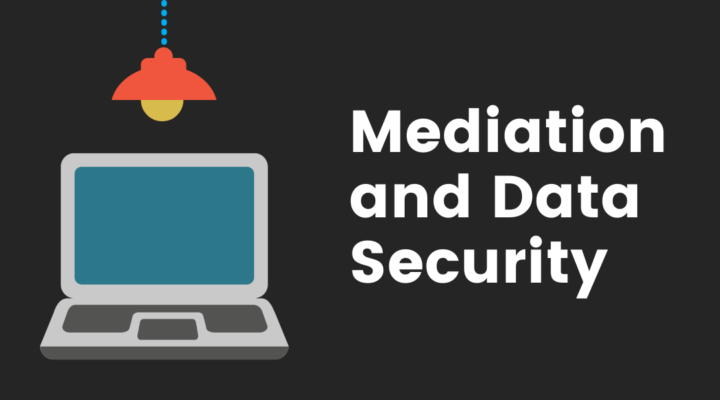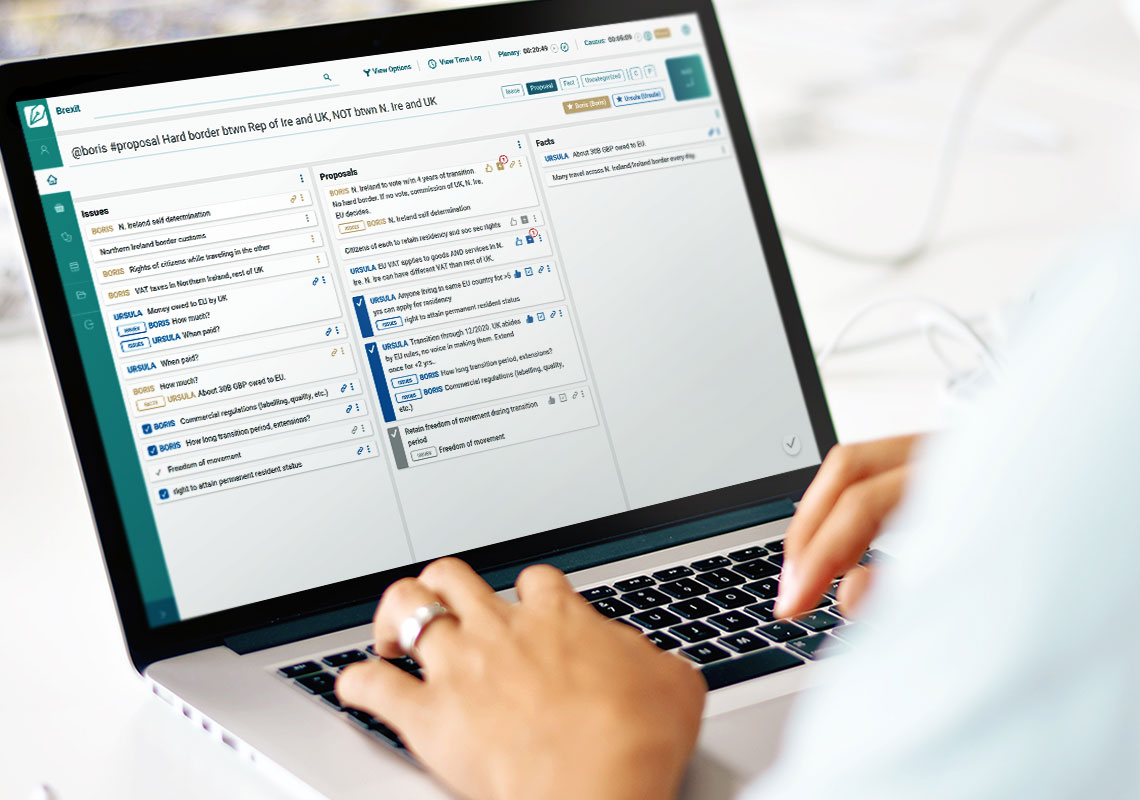Mediation Planning Techniques
In October 2020, I wrote a blog post on the benefits of multi-stage mediation. Since then, the need for multiple contacts and preparation sessions with parties in the dispute resolution process has only grown. Reading John Lande’s post on Indisputably recently brought this back to mind. He describes Paul Lurie’s Guided Mediation process, which supports the idea of multi-stage mediation. As a result, this prompted me to contact Lurie. He passionately discussed the benefits of Guided Mediation with me. This led me to research similar methodologies, and how they emphasize why mediation techniques require more planning for better outcomes.
According to Gitnux, 90% of the global Fortune 500 companies use Alternative Dispute Resolution (ADR) services, including mediation. What if there were techniques that could expedite this process and improve their experiences?
The Litigation Timeline
It all-too-often looks like this:
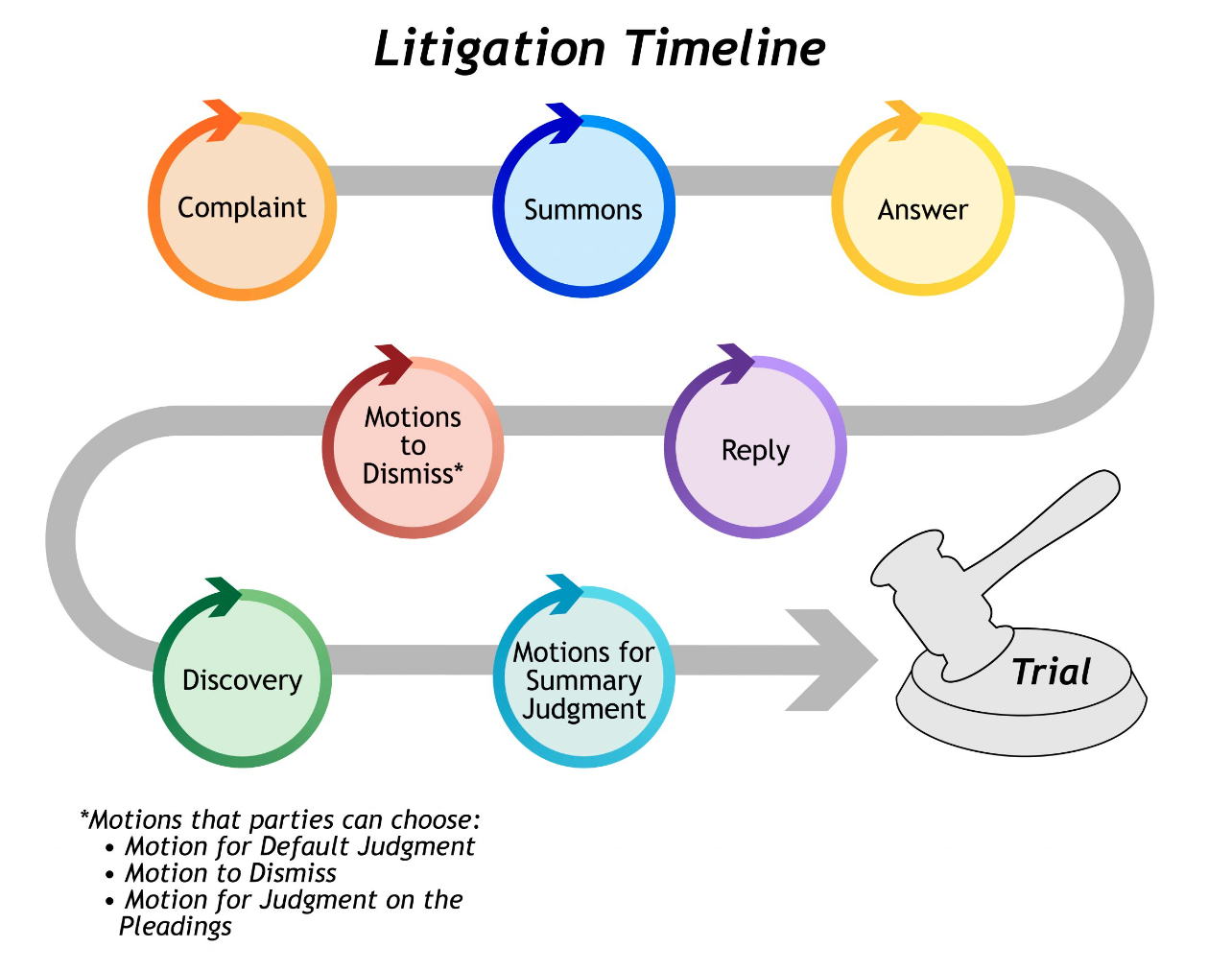
- The complaint is filed and served.
- The defendant files a motion to dismiss which is briefed, maybe argued and, in the majority of cases, denied.
- The defendant files an answer.
- Discovery begins.
- How many depositions (of whom and how long), precise definitions of terms used in interrogatories and document requests, are disputed. Additional disputes will arise and may need the court to resolve. Some may be serious enough to require briefing and a hearing before a judge.
- The discovery process is intentionally time-consuming and energy-expending, and is spent chasing theories and facts that will never make it to a courtroom — it is generally reported that fewer than 5% of cases filed go to trial)
- One or both parties file motions for summary judgment. They are briefed and, like motions to dismiss, are often denied.
- After about a year of legal fees and facing the possibility of an actual trial, the parties engage in settlement discussions and resolve the dispute.
Want to Avoid Litigation? Begin with Mediation Techniques
Lurie’s “Guided Mediation” is marvelously simple in concept, and early mediation offers a better approach. Engage the experienced mediator from the very beginning! The mediator can bring their unique skills to help reach an agreement on the process they will follow. They can also help the parties agree on a reasonable exchange of information and identify material issues of fact.
The early-engaged mediator helps the parties avoid self-imposed obstacles, and can build trust and credibility before the difficult negotiation stage.
The PEDR Mediation Technique
Planned Early Dispute Resolution (PEDR) follows a similar path. Based on Lande’s 2017 publication with Peter Benner, he is an active PEDR supporter. Dilyara Nigmatullina, a post-doctoral researcher on the faculty of law at University of Antwerp, defines PEDR in a recent paper.
“PEDR is a general approach designed to enable parties and their lawyers to resolve disputes favorably and with reduced cost as early as reasonably possible. It involves strategic planning for preventing conflict and handling disputes in the early stages of conflict on a systematic basis rather than ad hoc.”
Dilyara Nigmatullina
The American Bar Association studied PEDR and has compiled materials to help companies adopt the practices, available here.
The Evident (And Less Obvious) Benefits
There are both obvious and less apparent benefits to PEDR. On face value, It has the potential to spare parties from the litigation process. Also, it may achieve a solution to disputes that preserves the commercial relationship in ways litigation cannot.
Looking deeper, this approach has additional benefits supported in research.
First, despite the logic of early discussions when a dispute arises, parties often hesitate due to concerns about saying anything that could be used against them in litigation. In his 2019 blog post, mediator Josh Fruchter points out that most states offer protection for discussions that are part of an effort to mediate. Therefore, the early engagement of a mediator promotes early conversations by shielding them from disclosure in litigation.
Secondly, PEDR may build more time and steps into the resolution process, in contrast to the typical ‘one-and-done’ single mediation session. In their book, Litigation Interest and Risk Assessment: Helping Your Clients Make Good Litigation Decisions, authors Lande, Michaela Keet and Heather Heavin note something of significance. The stress, pressure to settle, and fatigue at the end of a single session could lead to poor decisions. They suggest a process that gives ample time to prepare for, conduct, and reflect on negotiations before reaching an agreement. As a result of this, the mediator can improve the satisfaction of the parties and achieve more stable final agreements by using PEDR.
This proves, once again, mediation requires more planning.
Benefits of Multi-Stage Mediation
There is a misplaced idea of tension between the benefits of a single session and the PEDR multiple stage methodology. With preparation, the clients and mediator will better understand the respective positions and interests. In doing so, mediators can better anticipate sensitive areas and potential compromise. Additionally, they can avoid something unexpectedly offending a party in the middle of a joint session by learning these things in prep conversations. It does not matter how many joint sessions there are — early engagement and the mediator’s role in planning with and guiding the parties is the essential ingredient, indeed.
As the Honorable James Ryan stated:
“I have come to understand that in addition to the traditional pre-mediation activities that he or she undertakes to prepare for the substantive issues involved in a mediation, the mediator must now work with counsel and the parties to formulate and agree on the ground rules for the mediation process itself.”
James Ryan
ADR Notable Can Help With an Array of Mediation Techniques & Approaches
ADR Notable supports the PEDR, Guided Mediation, and multi-stage methodologies (and assists with the new complications of mediation in a COVID-affected world, among other things). Our cloud-based platform helps you manage and plan complex processes and multiple stages with secure software designed specifically for mediation. With ADR Notable, you can more easily guide parties through decisions and keep administrative elements on track so you can better focus on the parties and issues that need to be addressed. Mediation techniques require planning, and ADR Notable is the tool to rely on.


